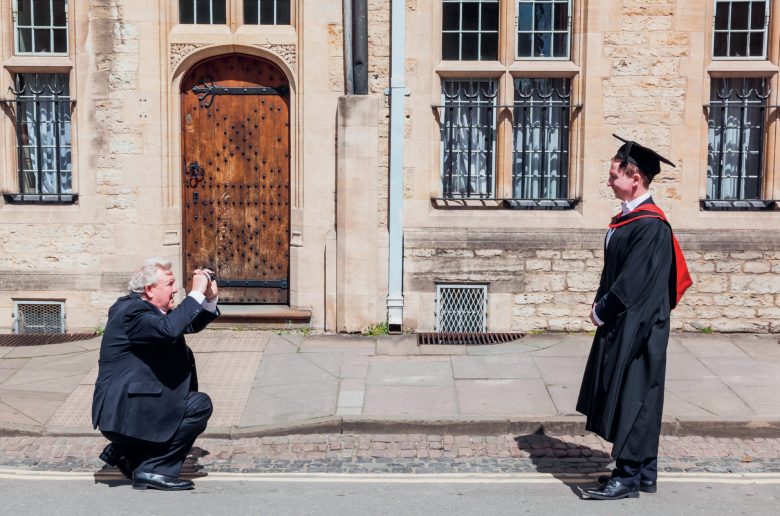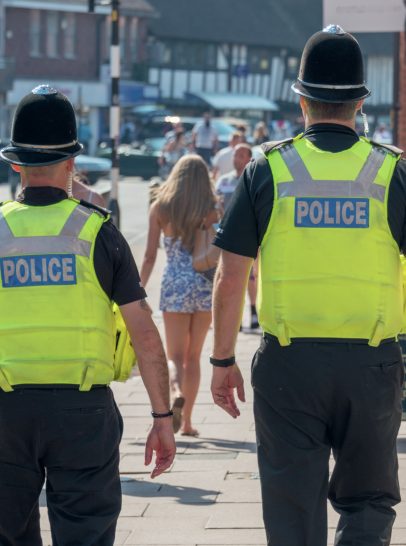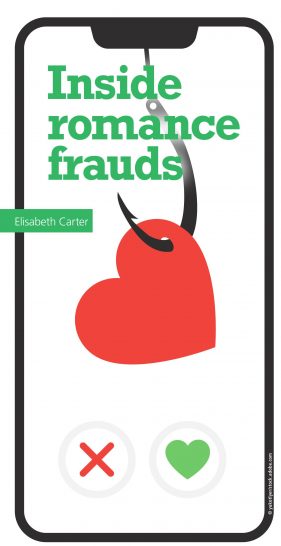
The coalition government is making much of the ‘Big Society’ — the idea that citizens should be more involved in their own communities, performing some tasks previously delivered by government. The 2010/11 Citizenship Survey is run by Ipsos MORI and TNS-BMRB on behalf of the Communities Analysis and Migration Division within Communities and Local Government. It is a household survey covering a representative core sample of 10,000 adults in England and Wales each year. There is also an ethnic minority boost sample of 5,000 and a Muslim boost sample of 1,200, to ensure that the views of these groups are represented. It asks about a range of issues, including views about the local area, community cohesion, racial and religious prejudice and discrimination, values, interaction/mixing, trust of institutions, civic engagement, volunteering and charitable giving.
So what does the survey tell us about issues such as community action, social cohesion and trust in Britain today? Figure 1, for example, suggests that levels of formal volunteering have been falling recently in local neighbourhoods. Perhaps a stimulus from the coalition government promoting the ‘Big Society’ initiative in local communities will reverse the trend. As far as social cohesion is concerned, Figure 2 suggests some social interaction across different ethnic and religious backgrounds, particularly in local shops and public areas. Also, civic trust among local people remains especially high in the police and is at least reasonable for local councils (see Figure 3).
Your organisation does not have access to this article.
Sign up today to give your students the edge they need to achieve their best grades with subject expertise
Subscribe




